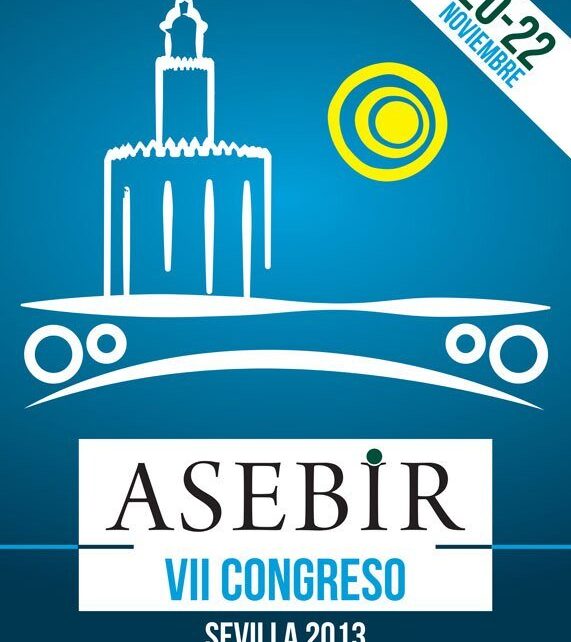ASEBIR Conference: Research work presented by Instituto Bernabeu Biotech
19-11-2013

The 7th ASEBIR Conference (Spanish Association of Reproductive Biology) will take place on 20, 21 and 22 November and our team will present a total of 11 research projects from the Reproductive Biology department and independently as IB BIOTECH.
Instituto Bernabeu Biotech will present its latest research projects in the field of fertility genetics:
- PREVALENCE OF CHROMOSOME POLYMORPHISMS IN INFERTILE PATIENTS AND THEIR EFFECT ON THE RESULTS OF IVF CYCLES. R. Morales; B. Lledo; J.A. Ortiz; J. Ten; J. Ll. Aparicio; R. Bernabeu.
- GENOTYPING OF THE GENE p53 SNP R72P IN PATIENTS WITH IMPLANTATION FAILURE AND RECURRENT MISCARRIAGE AND ITS EFFECT ON THE RESULTS OF IVF CYCLES. B. Lledo; A. Turienzo; J.A. Ortiz; R. Morales; J. Ten; J. Ll. Aparicio; R. Bernabeu.
- EFFECT OF THE SNP N680S OF THE FSH RECEPTOR (FSHR) ON THE OVARIAN RESPONSE OF EGG DONORS. J.A. Ortiz; A. Turienzo; B. Lledo; J. Guerrero; R. Morales; J. Ten; J. Ll. Aparicio; R. Bernabeu.
- VALUE OF THE AMH AS A PREDICTIVE MARKER OF IVF CYCLE RESULTS: OUR EXPERIENCE. A. Fabregat, JA. Ortiz, B. Lledó, R. Morales, J. Ten, J. Ll. Aparicio, R. Bernabeu.
- CAPACITATION BY DENSITY GRADIENTS PRIOR TO CRYOPRESERVATION IMPROVES RECOVERED SPERM QUALITY. A. Fabregat, L. Sánchez-Pacheco, J.A. Ortiz, B. Lledó, J. Ten, R. Bernabeu
The main conclusions drawn from the work presented at this national conference allowed us to show that certain genetic variants such as those affecting chromosomes (1) and specific genes such as the p53 (2) and FSHr (Follicle Stimulating Hormone receptor, (3) help to diagnose fertility problems and influence the success rates in assisted reproduction treatments and ovarian stimulation. One of the projects also analyzed the possible use of the Anti-Müllerian Hormone as a predictive factor of IVF cycles (4). Finally, in order to complete the study of the couple, we will present the results of a new alternative in sperm cryopreservation that may improve the results of assisted reproduction techniques (5).
